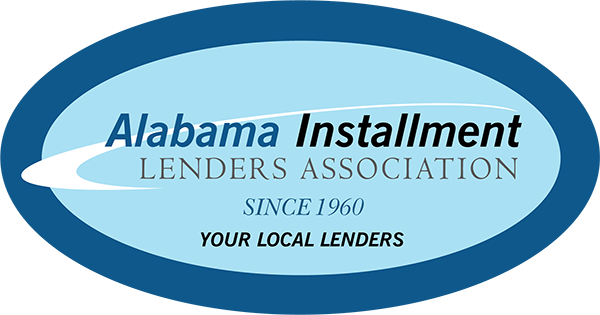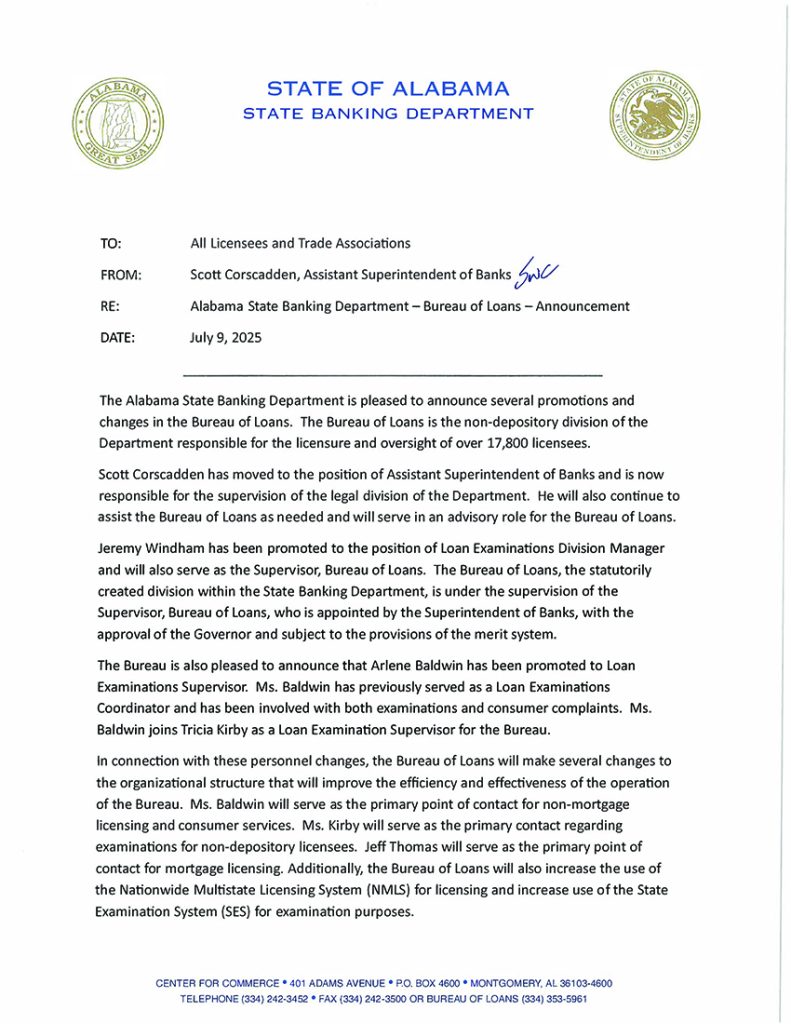February 6, 2022
AILA Members and Friends: Please find below a message sent out today from the American Financial Services Association that addresses Paycheck Protection Program loan uncertainty. Thanks to our friends at AFSA for keeping us up to date on developments. Please let me know if you have any questions.
Maury
AFSA is continually updating its Coronavirus Resource Page with Federal / State Government Affairs materials, including maps, policy updates and federal and state guidance. Please check back often. If you require additional information, contact Dan Bucherer at dbucherer@afsamail.org.
Some Legal Clarity on PPP Loans?
With the uncertainty around the Small Business Administration’s (SBA) Paycheck Protection Program (PPP) and the extra scrutiny that the Administration has promised, we understand that some members may be considering returning the funds they received.
While AFSA doesn’t offer legal advice and you should consult your own attorneys, you may want to review a recent decision out of a U.S. district court in Michigan before doing so. The court issued a preliminary injunction barring the SBA from enforcing a rule to exclude businesses that present live performances or sell products of a “prurient sexual nature” from loans under the PPP. While that’s obviously not the business that AFSA members are engaged in, the judge also said the SBA cannot exclude other businesses, i.e. banks, because Congress intended to support all qualified small businesses, including those it might have “disfavored” before the coronavirus hit.
The ruling can be reviewed here. The district court noted that, “The COVID-19 pandemic has decimated the country’s economy, and the PPP is an unprecedented effort to undo that financial ruin. More importantly, the PPP is an effort to protect American workers … and Congress could rationally have concluded that those workers need protection no matter the line of business in which they work.”
The ruling goes on: “[T]he text of the PPP makes clear that every business concern meeting the statutory criteria is eligible for a PPP loan during the covered period. Congress identified in the PPP only two criteria that a business concern must satisfy in order to qualify for loan guarantee eligibility: (1) during the covered period (2) it must have less than 500 employees or less than the size standard in number of employees established by the Administration for the industry in which the business operates.” U.S. District Judge Matthew Leitman wrote, adding, “Simply put, Congress did not pick winners and losers in the PPP…. It would ordinarily be absurd to conclude that Congress meant to provide financial assistance to, among others, certain sexually oriented businesses and private clubs that discriminate. But these are no ordinary times, and the PPP is no ordinary legislation.”
The decision may be appealed, but if it is not, it could provide the clarity that has been lacking in the SBA’s interim rules and FAQs. In addition, we’re awaiting a decision out of another U.S. district court in California. Payday Loan LLC, which engages in lending and check cashing in 22 stores in California, sued the SBA on April 25 after its request for a $644,000 forgivable loan was denied. The application was rejected on the grounds that PPP funds can’t be distributed to companies that profit mostly from making loans. A decision is expected soon.
However, it is unclear whether a decision will come before May 14, which is the date that companies can return PPP loans without paying a penalty. AFSA Staff is pressing the SBA to abandon the May 14 return deadline, or extend it, in light of the ongoing litigation and legislative efforts. Again, in considering your options and the needs of your business, we advise that you discuss these matters with legal counsel, and we will continue to keep you updated. If you have additional questions or concerns, please feel free to contact Celia Winslow at cwinslow@afsamail.org.




